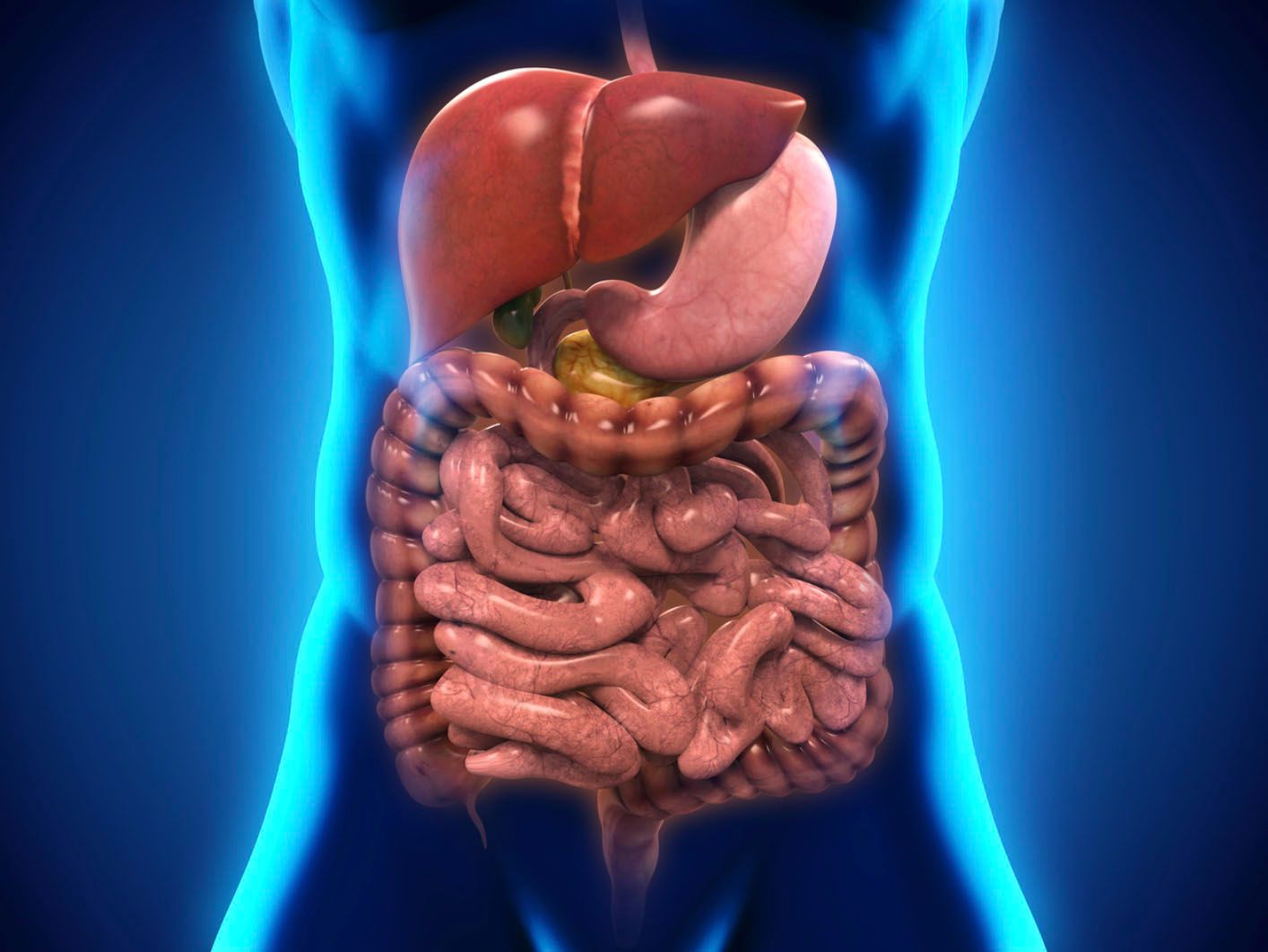First Patient Dosed in Phase III Trial Evaluating Bemarituzumab in Gastric and GEJ Cancers
The first patient has been dosed in the phase III FIGHT trial investigating bemarituzumab (FPA144) combined with chemotherapy in patients with previously untreated advanced gastric or gastroesophageal junction cancer, according to Five Prime Therapeutics, the developer of the isoform-selective FGF receptor 2b antibody.

The first patient has been dosed in the phase III FIGHT trial investigating bemarituzumab (FPA144) combined with chemotherapy in patients with previously untreated advanced gastric or gastroesophageal junction (GEJ) cancer, according to Five Prime Therapeutics, the developer of the isoform-selective FGF receptor 2b (FGFR2b) antibody.
This is the first prospective frontline study to evaluate FGFR2b-specific tumors in gastric cancer. Patients whose tumors overexpress FGFR2b account for approximately 10% of all patients with gastric and GEJ cancer. These patients tend to have a worse prognosis, and there are few treatment options available after they progress on first-line chemotherapy.
By binding specifically to FGFR2b, bemarituzumab prevents the binding of certain fibroblast growth factors that promote tumor growth. It is engineered to kill tumor cells by antibody-dependent cell-mediated cytotoxicity by recruiting natural killer cells.
The first patient on the study was dosed at an investigative site in China, where Five Prime Therapeutics has teamed up with Zai Lab to develop bemarituzumab. The study will be conducted across 250 centers in the United States, Europe, and Asia, including China, South Korea, Taiwan, and Japan. Approximately half of the patients on the study are expected to be enrolled in China, where gastric cancer is the second most common cancer type.
“We are very pleased to have dosed the first patient in our FIGHT gastric cancer trial in China, where Zai Lab is responsible for the regulatory and development timeline for this global study,” said Helen Collins, MD, senior vice president and chief medical officer of Five Prime. “Tumors overexpressing FGFR2b are associated with a poor prognosis, and a targeted therapy that provides improved efficacy when added to standard therapy could transform treatment options for these patients. Bemarituzumab has demonstrated encouraging monotherapy activity in the late-line setting, and we hope to provide greater benefit by combining with chemotherapy in the front-line setting.”
The double-blind, controlled randomized trial (NCT03343301) has a planned enrollment of 550 patients. Patients will receive 15 mg/kg of bemarituzumab or placebo every 2 weeks combined with a modified regimen of FOLFOX6 (mFOLFOX6).
The primary endpoint of the trial is overall survival, with progression-free survival, objective response rate, and safety serving as secondary endpoints.
Five Prime is also developing companion diagnostics to identify patients whose tumors have overexpression of FGFR2b using immunohistochemistry and FGFR2 gene amplification.
“This is the first time that the first patient dosed in a global registrational trial came from China as a result of the collaboration between a US biotechnology company and a Chinese biotechnology company,” said Yongjiang Hei, MD, PhD, chief medical officer of Zai Lab. "Gastric cancer is the fifth most common cancer in the world and the second most common in China. There is an urgent need globally, and particularly in China, where we are responsible for both development and commercialization, for more effective and well-tolerated targeted therapies for gastric cancer patients. We are pleased that the clinical trial application was approved three months ahead of schedule, which will help accelerate the global FIGHT trial in our collaboration with Five Prime.”
A phase I study of bemarituzumab monotherapy in patients with solid tumors found no dose-limiting toxicities. Those results were presented at the 2017 ASCO Annual Meeting showing that patients with late-line gastric cancer and high FGFR2b overexpression had an overall response rate of 19% (4/21) and a median duration of response of 15.4 weeks.
Reference:
Catenacci D, Enzinger PC, Anteneh TA, et al. FIGHT: A phase 3 randomized, placebo controlled study evaluating bemarituzumab (FPA144) and mFOLFOX6 in patients with previously untreated gastric and gastroesophageal cancer. Poster presented at: 2018 ASCO Annual Meeting; June 1-5, 2018; Chicago, Illinois. Abstract TPS4135.